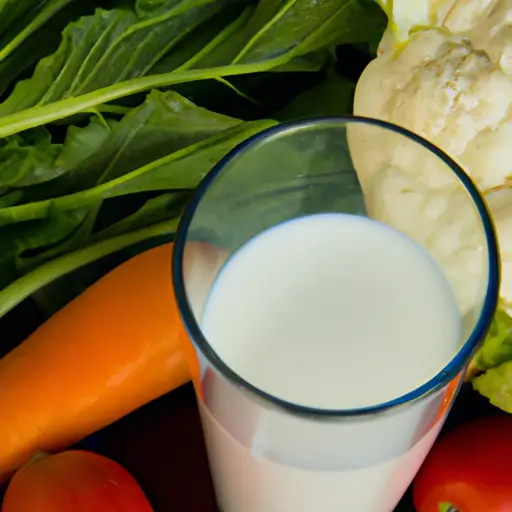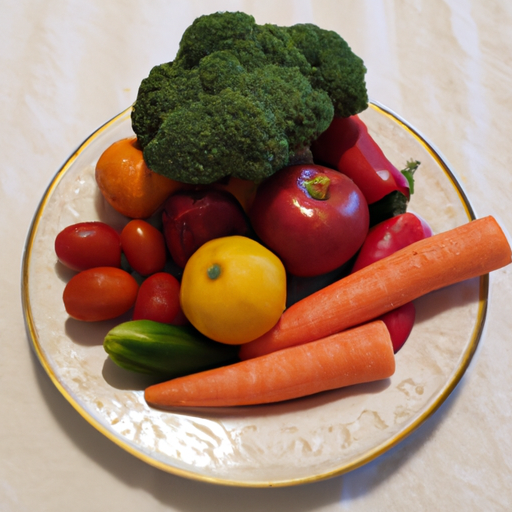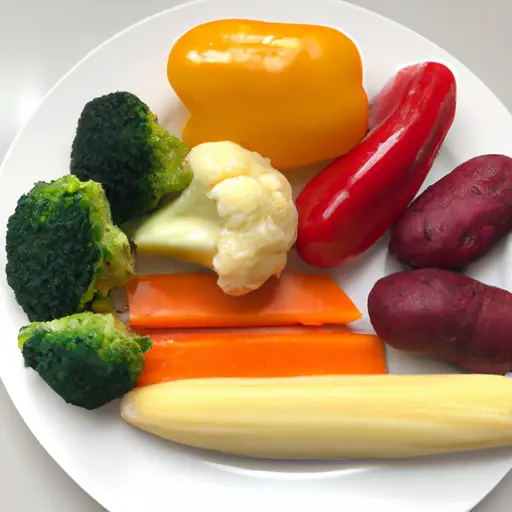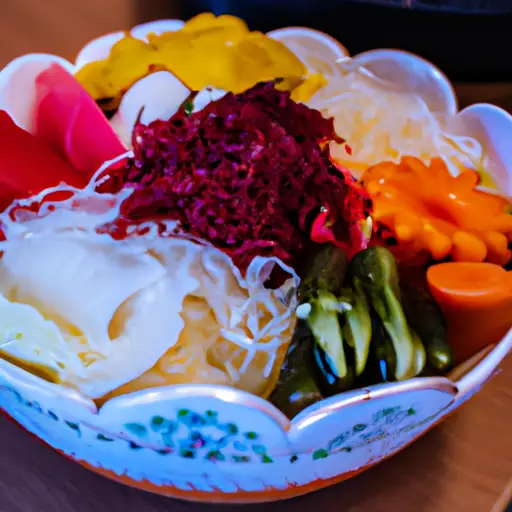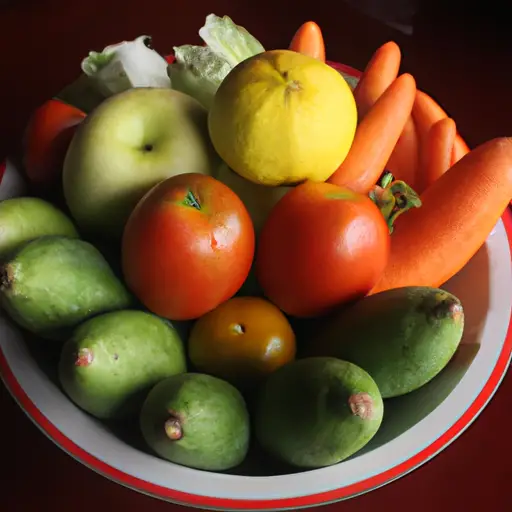Exploring Dairy and Chronic Inflammation
The Scoop on Dairy and Chronic Inflammation: Separating Fact from Fiction
Hey there, fellow health enthusiasts! Today, we’re diving into the often confusing world of dairy and its potential impact on chronic inflammation. Before we get into the nitty-gritty, let’s start with some definitions. Chronic inflammation refers to an ongoing, low-grade state of inflammation in the body that has been linked to a multitude of health issues, including autoimmune disorders, heart disease, and cancer.
Now, when it comes to dairy, opinions vary. Some experts tout its numerous health benefits, while others warn of its potential negative effects. So, what’s the truth? Let’s take a closer look.
Dairy: The Culprit Behind Chronic Inflammation?
As a nutritionist, I’ve noticed a growing trend among my clients to exclude dairy from their diets due to concerns about inflammation. Chronic inflammation has been tied to various health conditions such as cardiovascular diseases, type II diabetes, and even cancer. But is dairy truly causing inflammation?
Mounting evidence suggests that dairy products can stimulate inflammation in the body. One reason is that dairy contains casein, which some studies have shown can trigger an inflammatory response in sensitive individuals. Additionally, dairy is high in saturated fat, which can lead to inflammation by clogging the arteries and triggering oxidative stress. Finally, the hormone content in dairy products could trigger inflammation as well.
On the other hand, it’s important to note that not everyone responds to dairy in the same way. Some individuals may tolerate dairy just fine, while others may be highly reactive. However, if there’s a history of autoimmune disorders, digestive issues, or allergies in a family, it may be worth considering reducing or eliminating dairy from the diet as a precautionary measure.
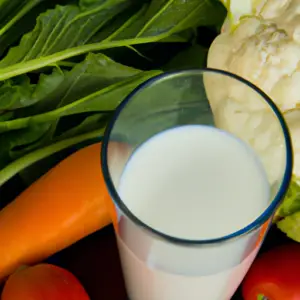
In conclusion, while dairy isn’t the sole culprit behind chronic inflammation, it can be a contributing factor for some people. For those looking to reduce inflammation, it may be worth experimenting with eliminating dairy from their diet and monitoring their symptoms.
Healthy Alternatives to Dairy
So, you’re considering cutting dairy from your diet? Don’t worry, there are plenty of alternatives that can help meet your nutritional needs and tastes delicious too. Here are a few suggestions:
Dietary Recommendations:
First and foremost, you’ll need to make sure you are getting enough calcium, protein, and other important nutrients that dairy provides. Incorporating leafy green vegetables, tofu, seeds, nuts, and whole grains into your diet can help meet these nutritional requirements.
Plant-Based Milk:
There are multiple varieties of plant-based milk available, made from almonds, coconuts, soybeans, oats, and rice. Giving these a try can be a great option to get the creamy taste you crave but that dairy was providing.
Additionally, plant-based milk generally has lower levels of saturated fats and avoids other potential problematic components that come with consuming dairy such as lactose, casein, and whey, which may trigger inflammation in some people.
In conclusion, ditching dairy doesn’t mean you can’t still enjoy your meals or struggle to get the proper nutrients your body needs to function optimally. Incorporating plant-based milks and a well-rounded diet are great alternatives to dairy products, and may even have more benefits in terms of overall health and chronic inflammation. It’s worth giving it a try!
Summary: The Lowdown on Dairy and Chronic Inflammation
Well folks, we’ve learned a lot about the connection between dairy and chronic inflammation today. To give you a quick recap, chronic inflammation is a state of ongoing inflammation that can lead to serious health issues like heart disease, diabetes, and cancer. Dairy has been shown to promote inflammation in the body through various mechanisms, including the presence of certain proteins and hormones that trigger an immune response.
But before you start pouring your milk down the drain, it’s important to note that there are plenty of healthy alternatives to dairy out there. Experts recommend following a plant-based diet that focuses on whole, nutrient-dense foods like fruits, veggies, and whole grains. You can also try swapping out cow’s milk for a variety of plant-based milk options like almond, oat, or soy milk.
Ultimately, the key to reducing chronic inflammation and promoting overall health is to eat a balanced diet that works for your individual needs and preferences. If you’re curious to learn more, check out this helpful article from Lovely Life of Leah that dives deeper into the connection between dairy and inflammation here.
